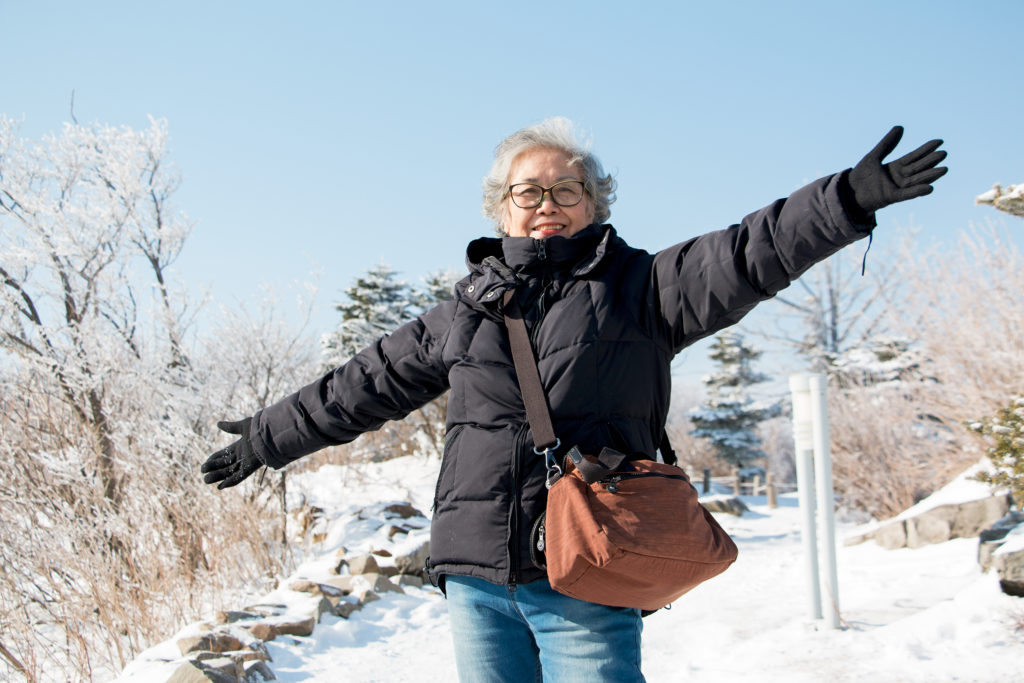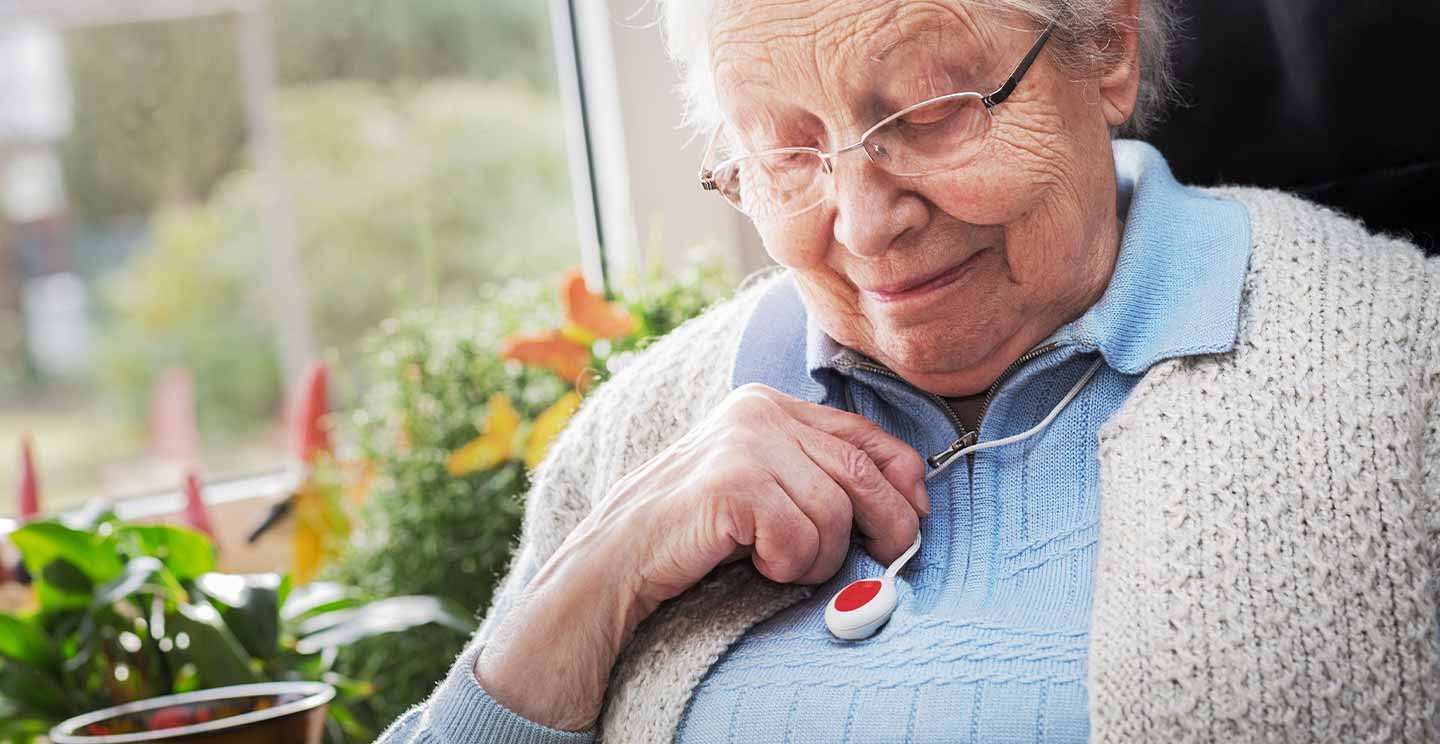The best way for you to stay well is to do everything you can to prevent yourself from getting ill in the first place – or if you fall ill, to take the right steps to get better quickly to stop things from getting worse. There are many things you can do to reduce the risk of getting ill during the winter. As well as coughs, colds and Covid, many long term conditions such as eczema and arthritis can be affected by cold weather.
Top tips to stay well
- Keep a well-stocked medicine cabinet at home with over the counter medicines suitable for you and your family.
- Visit your local pharmacist at the first signs of illness for advice and over the counter medicines.
- Get a flu vaccination – it’s free if you fall into one of the eligible criteria, see below.
- If you are unsure what to do about the right medical care and it’s not an emergency call NHS 111. It is free to use and open 24 hours a day, 7 days a week.
- Remember, you can access GP appointments in the evenings and at weekends. Call your practice or 111 for further information.
- For emergency or life-threatening conditions, call 999 or go to the nearest accident and emergency department at a hospital.
You can treat many minor health conditions without seeing a GP.

Cold or Flu?
Even at our fittest and healthiest, we can catch flu. Because flu is caused by viruses and not bacteria, antibiotics won’t treat it. Flu is caused by a different virus than the common cold. A cold appears gradually and people are generally able to carry on with the rest of their day while feeling unwell. Covid or flu symptoms develop quickly it will make an individual feel unwell and too exhausted to carry on with their daily routine often with shivering, aches, weakness and a high-temperature. Without a test it maybe difficult to determine if it is Covid or flu but treatment is similar. It should clear up by itself after a week or two. Sometimes Flu can lead to hospitalisation, permanent disability or even death among vulnerable groups including older people, pregnant women and people with an underlying health condition.
Am I eligible for a free flu vaccine?
The flu vaccine is offered free of charge on the NHS to people who are at greater risk. This includes:
- People over 65 years
- Pregnant women
- Young children aged 2-3 years (only available at a GP practice)
- Pre-school children and children in school years 1-5
- Those with a long term health condition or weakened immune system
- Carers
- Front line health and care workers
Having the flu vaccine is the best way to prevent catching flu and you should have it every year as the flu virus is always changing. Good hand hygiene is also an important way to avoid catching flu and preventing its spread. We recommend people carry tissues and use them to catch coughs or sneezes, bin the used tissues as soon as possible and wash your hands to kill the germs.
Top Tips to prevent catching and spreading colds
Colds normally last a week or more and symptoms will start to ease up as the virus clear up.
- Wash your hands regularly with warm water and soap.
- Avoid contact with someone who has cold symptoms.
- Avoid touching your eyes and nose as you can infect yourself and others.
- Use tissues when you sneeze and bin them straight away.
- New rules around coughing and sneezing suggest the best way is to use the crook of your arm, or inner elbow, to prevent germs spreading. Doing so helps prevent the spread of bacteria via your hands, and lessens the risk of you infecting others with your cold.
- Keep warm and eat a healthy diet.
Dealing with sore throats and coughs
Both are usually caused by a virus and will clear up after a week (sore throat) to within 3 weeks (cough). Colds and flu often cause a cough which is a reflex action that helps you clear your airways of mucus.
Top tips
- Drink plenty of water.
- Get plenty of rest.
- Gargle with warm salty water for a sore throat.
- Use a vapouriser at night to keep airways moist and prevent coughing.
- Prop yourself up with an extra pillow to stop coughing.
Dealing with dry skin and eczema
Winter can be harsh on your skin but these tips can help protect and keep is healthy.
- Moisturise regularly, creams act as a barrier to help skin keep its natural moisture. Apply after a bath.
- Keep hydrated, drink around 2 litres of water a day.
- Keep warm and dry with layers of clothes that can be easily adding to or removed.
- Baths and showers should be warm, not hot so as not to irritate the skin.
- If you suffer from eczema use a thicker emollient than normal, an ointment is preferable to a cream.
- It may be good to turn down your central heating as it will dry out the air in your home.
Arthritis
Conditions such as arthritis and back pain often feel worse in the winter. The cold weather may mean our activity levels are reduced, exacerbating arthritis joint pain. Knees, hands and feet are the most common places that people living with arthritis will feel it when it’s cold. During winter, people with arthritis are more likely to feel pain furthest away from your core body. It is important to stay as active as possible to get joints moving and blood circulating. Keep warm with layered loose clothing that traps ai. Eating hot food and drink is also important.
Further information:
NHS – who should have a flu vaccine?

